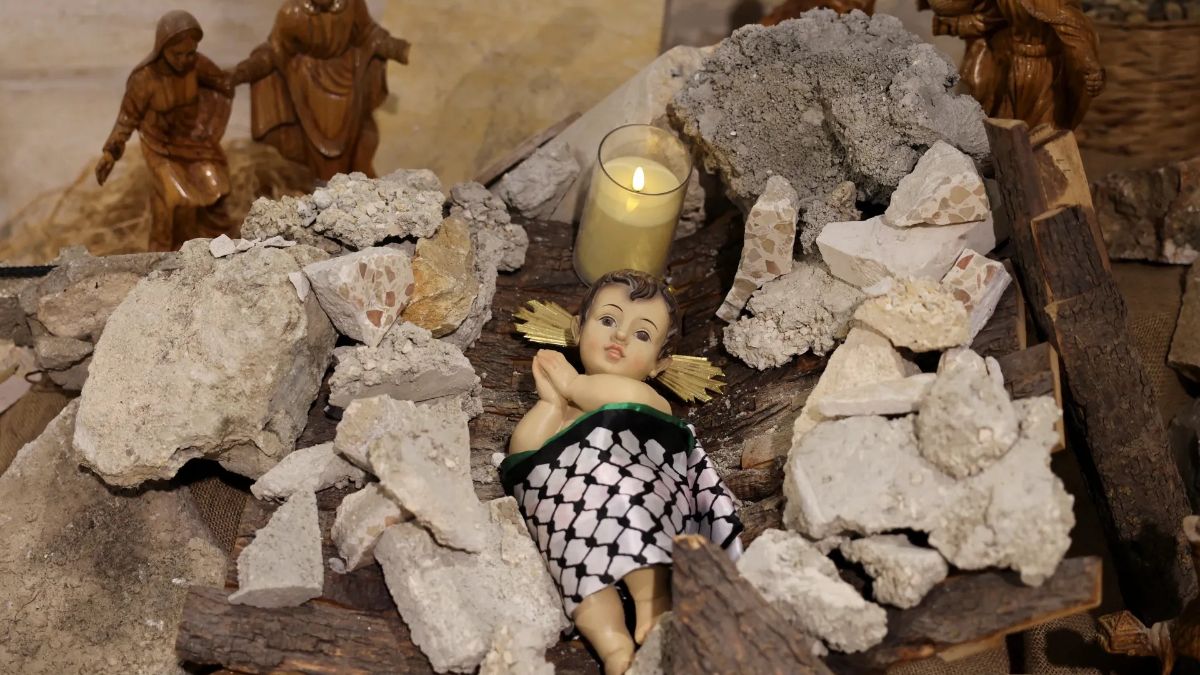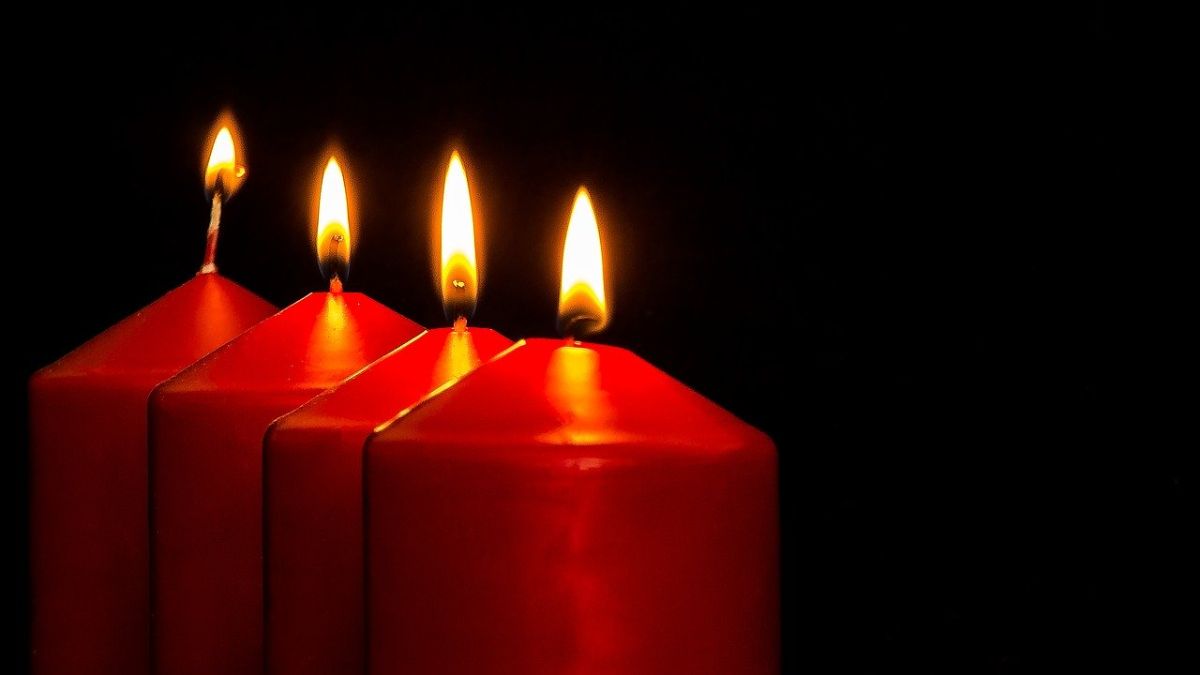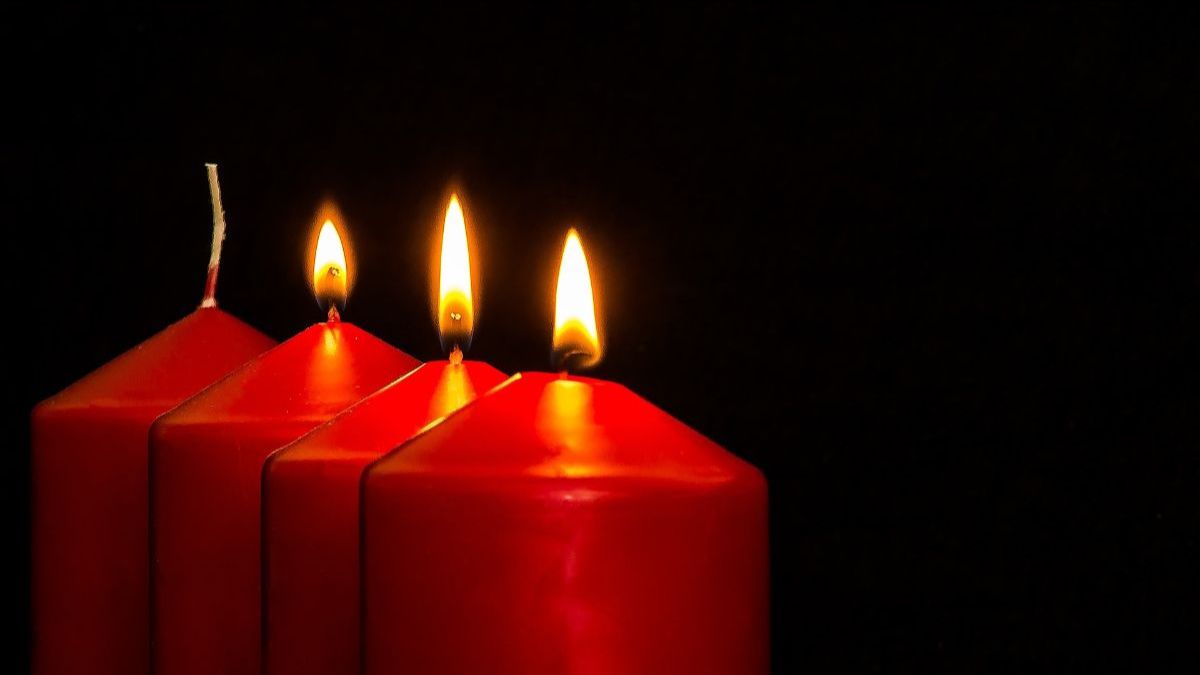The Word Without A Word
"In him was life, and the life was the light of all people. The light shines in the darkness, and the darkness did not overcome it. And the Word became flesh and lived among us, and we have seen his glory, the glory as of a father's only son, full of grace and truth. From his fullness we have all received grace upon grace.
John 1:10-18
January 2, 2015, Words By: Scott Dewey, Image By: "Lost words" by Kool (CC BY-NC-ND 2.0)
About a hundred years ago the poet T.S. Eliot produced, some would argue, his best and most influential work. It was before his conversion to Christianity. Physical ailments, an uneven academic career, and a tortured marriage left him in a frame of mind that produced “Waste Land” – 76 memorably bleak lines such as “April is the cruelest month.” Likewise “Hollow Men” concludes, “This is the way the world ends/Not with a bang but a whimper.”
In 1927 Eliot underwent a profound shift toward faith – drawn particularly to the incarnation of Jesus. Like the incarnation itself, it was an awkward and messy move toward light amid darkness. He fumbled for words as he groped for this new reality of the divine and human embrace. His first post-conversion poem, “Ash Wednesday,” receives mixed reviews to this day. The great master of words seems to be peering as through a glass dimly, scarcely grasping what he is attempting to clothe with language.
Perhaps the disciple John, putting pen to papyrus in the first decades after Jesus’ birth, faced the same struggle? John and Eliot clearly share a wordsmith’s relentless desire to deploy each word, each nuance, each turn of phrase precisely for its mission of meaning. How ironic that for both John and Eliot, when words fall so clearly short of that mission in describing God with us in Christ, they settle simply for the word “Word.”
If the lost word is lost, if the spent word is spent
If the unheard, unspoken
Word is unspoken, unheard;
Still is the unspoken word, the Word unheard,
The Word without a word, the Word within
The world and for the world;
And the light shone in darkness and
Against the Word the unstilled world still whirled
About the centre of the silent Word.
O my people, what have I done unto thee.
Where shall the word be found, where will the word
Resound? Not here, there is not enough silence
Not on the sea or on the islands, not
On the mainland, in the desert or the rain land,
For those who walk in darkness
Both in the day time and in the night time
The right time and the right place are not here
No place of grace for those who avoid the face
No time to rejoice for those who walk among noise and deny the voice.
– T.S. Eliot, excerpt from “Ash Wednesday”
Eliot would go on to find a bit surer footing in later poetry, though it was hardly the case that he lived happily ever after. He would always be part of the “unstilled world,” but like John he had found a “centre of the silent Word.”
We too live in unstilled worlds. Unto us a child has been born, inarticulate, unable to speak a word – the Word. Maybe it is fitting we find ourselves also inarticulate in the light of this very human and very divine presence, and find in silence a space to listen.
Peace,
Scott Dewey
Street Psalms



